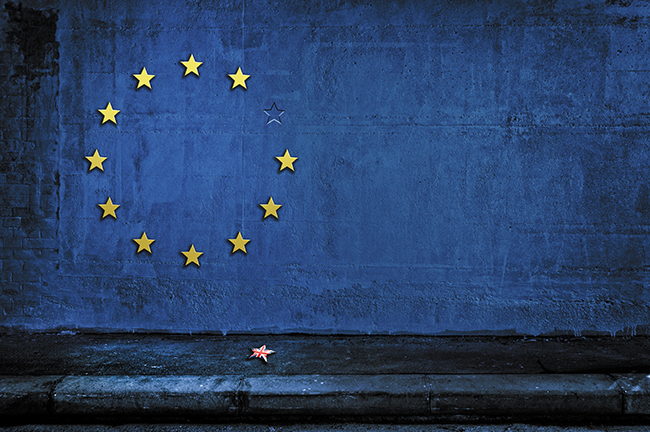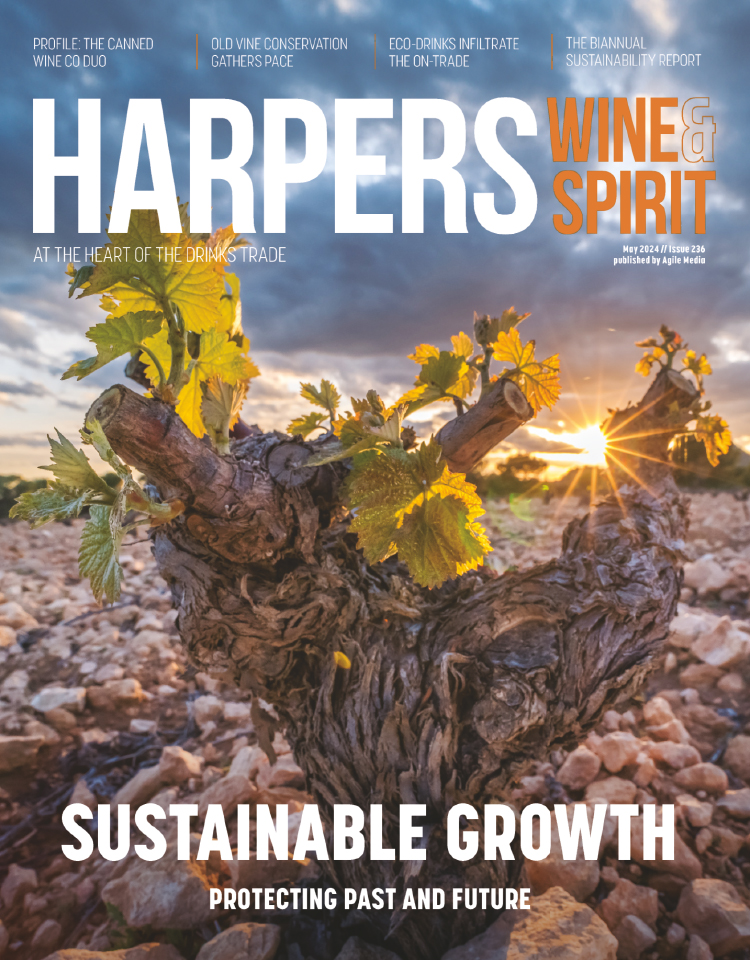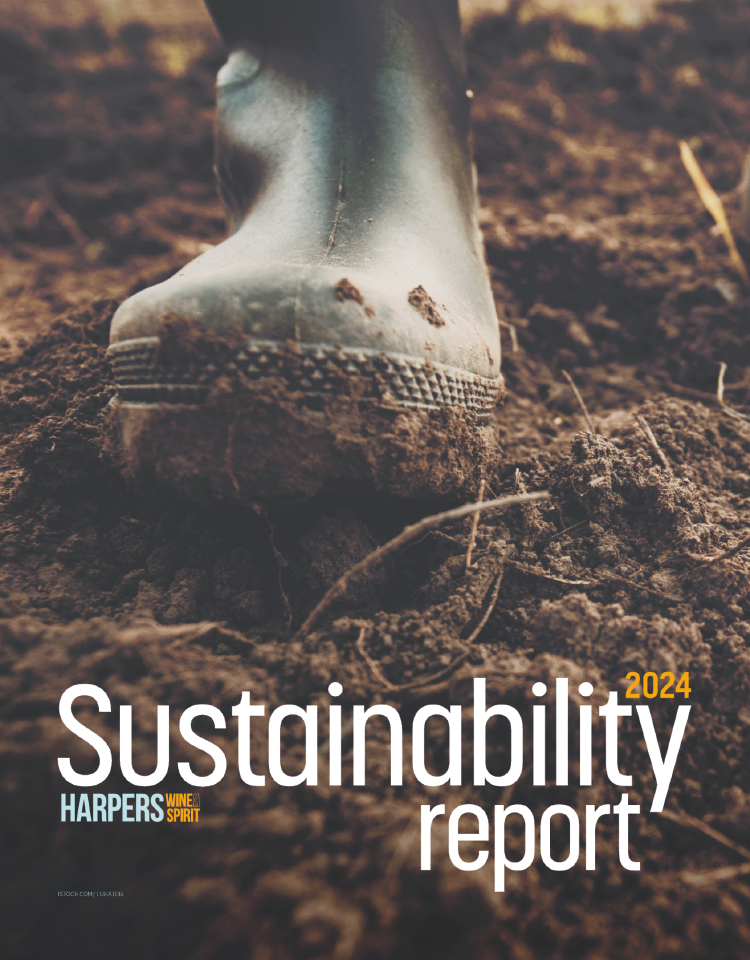
Scottish government calls for post-Brexit protections for whisky
Scotch whisky must retain its current protected status if the UK leaves the EU without a deal, Fergus Ewing, the Scottish government’s secretary for the rural economy, has said.
Ewing has written to Theresa Villers, recently appointed by incoming prime minister Boris Johnson as UK secretary of state for Defra, to express his concerns.
Ewing wrote: “I wish again to put on record that the Scottish government find the approach being adopted by the UK government deeply concerning.
“It is not enough to simply hope and believe that the EU will not take steps to remove existing UK GIs from their registers, especially if we are not to protect their GI products from day one in the UK scheme.
“This stance is causing real uncertainty for producers and I implore you to do more to attempt to secure this mutual recognition in negotiations taking place.”
The UK government has offered assurances that it will use its own geographical indications to replace those available within the EU, should no deal be agreed.
In response to Ewart’s letter, a spokeswoman said: “The UK is ready to launch its own GI schemes at the point at which EU rules cease to apply in the UK.
“Our amazing food sector will be ready and waiting to continue selling ever more, not just here but around the world once we leave the EU on October 31.”
In April, Scotch Whisky Association chief executive Karen Betts warned of the problems a no-deal Brexit would cause for the sector.
She said: “A lack of agreement in October will pose our industry real challenges because at that point we will be entering our busiest time of year.
“The current uncertainty is making business decisions across the Scotch whisky industry difficult, and we have spent millions of pounds on no-deal planning.
“We want to see minimal changes to the costs and processes of exporting to Europe, minimal divergence on regulations, and continued UK influence on trade policy.”
Keywords:
- UK
- EU
- Scotch
- whisky
- industry
- GI
- Government
- Scotch Whisky
- October
- scottish
- Scotch Whisky Association
- ewing
- ready
- scottish government
- uk government
- food sector
- 31 ”in
- april scotch whisky
- chief executive karen
- association chief executive
- whisky association chief







